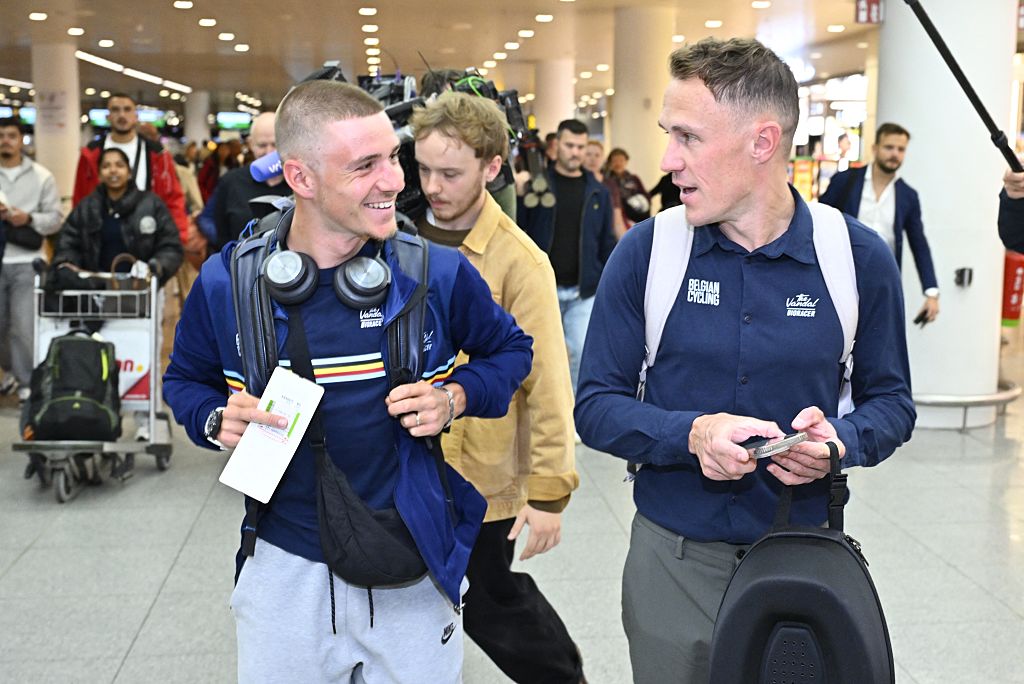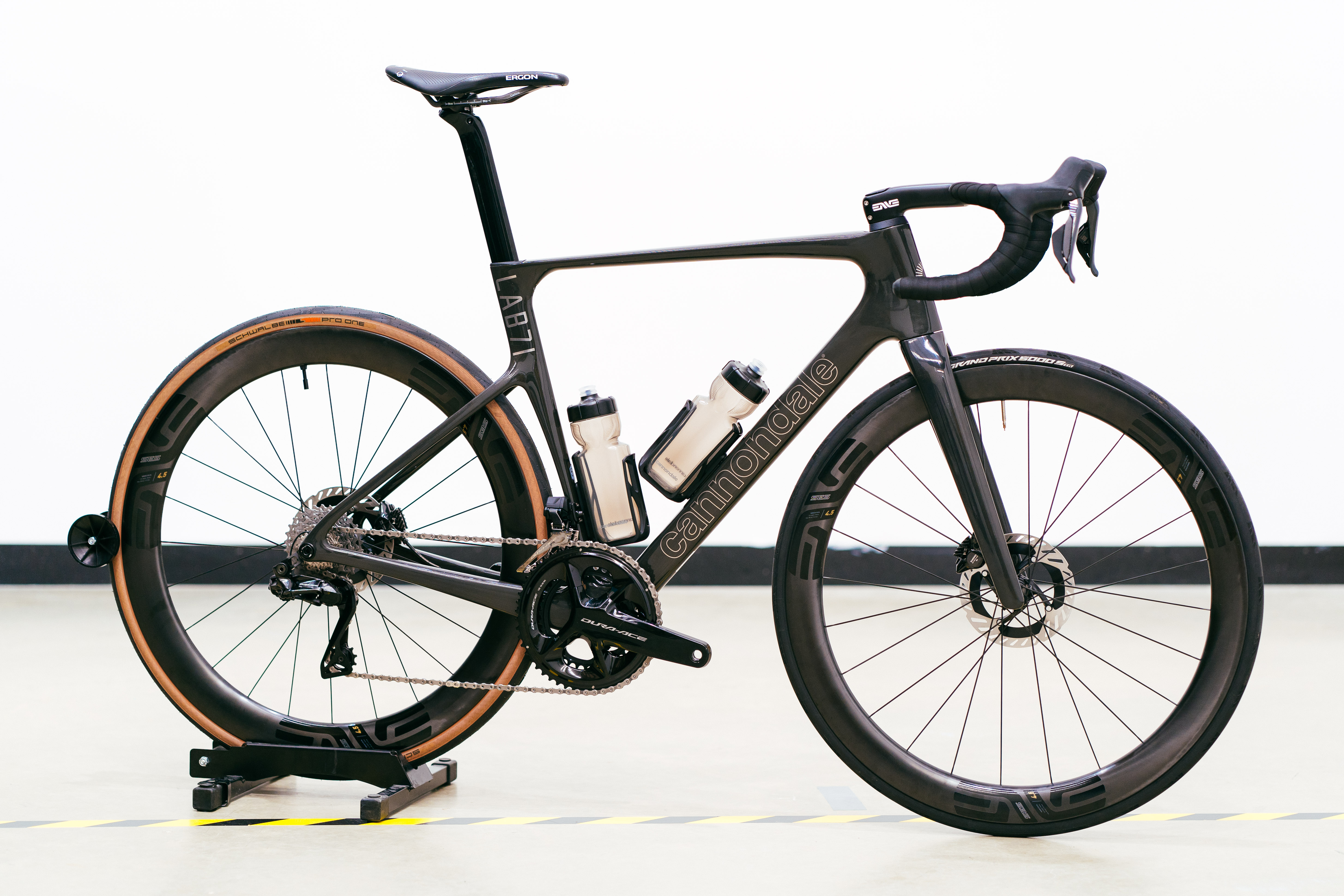Vaccinations, malaria pills, boiled water – Belgian team doctor outlines health precautions in place for Road World Championships in Rwanda
'We started preparing for this World Championships a year ago' says Kris Van der Mieren

The latest race content, interviews, features, reviews and expert buying guides, direct to your inbox!
You are now subscribed
Your newsletter sign-up was successful
The UCI Road World Championships in Rwanda are almost upon us, and as riders and teams from around the world head to the African nation, a host of measures are in place for those competing to stay healthy during the week-long event.
The first World Championships held in Africa comes with its own challenges, all outlined by the Belgian team doctor Kris Van der Mieren, who has said, "We started preparing for this World Championships a year ago."
Speaking to Het Laatste Nieuws, Van der Mieren outlined the range of measures the Belgian squad will be taking in Rwanda as they aim to challenge for more rainbow jerseys with Remco Evenepoel.
"Vaccination isn't mandatory, but it is strongly recommended. There's been little discussion; there are no anti-vaxxers among them," Van der Mieren said.
Team members have taken a range of vaccinations, including for hepatitis A, tetanus, diphtheria, whooping cough, polio, measles, mumps, rubella, typhoid, Het Laatste Nieuws reports.
Evenepoel was vaccinated last winter in order to avoid any potential side effects interfering with his racing calendar, while he and his teammates – and the team staff – will also be taking malaria pills every night and for a week after the competition ends.
"Most tropical diseases are spread by mosquitoes. Prevention is key," Van der Mieren said.
The latest race content, interviews, features, reviews and expert buying guides, direct to your inbox!
"It's spraying and applying sunscreen 24/7. I'll also advise everyone to wear light-coloured clothing: it's supposed to deter mosquitoes more than dark clothing."
The precautions don't stop with vaccines and tablets, however. Extra measures to prevent any possible spread of illnesses will be taken too, including a no shaking hands rule and Van der Mieren bringing double the usual amount of hand sanitiser.
The team's caution also extends to avoiding relying on local tap water. There'll be plenty of bottled water to hand, while they'll also make extensive use of boiled water – for cooking, to wash vegetables, and for ice, too.
"The [water] quality isn't guaranteed. So, we're not taking any risks. Washing is fine, but for everything else, we'll use bottled water or boil the water first," Van der Mieren said.
"One of our soigneurs, Andy Heindryckx, runs his own catering business at home and is obsessed with hygiene. A refrigerator left open too long, a buffet that's no longer the right temperature, vegetables or fruit that haven't been washed properly: Andy keeps an eye on it all."
Van der Mieren's biggest fear is rabies, even if the chances of anyone contracting the deadly virus next week would seem to be minimal.
"That's my biggest fear. My only real fear, actually," he said. "The chance of someone being bitten by a dog with rabies is minimal, but if it happens, and it's a serious bite, the emergency response is on. Then it's immediate repatriation.
"An untreated infection is always fatal, but if you catch it quickly and treat it intensively with the right medication and wound care, it doesn't have to be fatal. But that's specialist work."
Subscribe to Cyclingnews to unlock unlimited access to our coverage of the first-ever UCI Road World Championships on African soil. Our team of journalists will bring you all the major storylines, in-depth analysis, and more directly from the action in Rwanda as the next rainbow jerseys are decided. Find out more.

Dani Ostanek is Senior News Writer at Cyclingnews, having joined in 2017 as a freelance contributor, later being hired full-time. Her favourite races include Strade Bianche, the Tour de France Femmes, Paris-Roubaix, and Tro-Bro Léon.
You must confirm your public display name before commenting
Please logout and then login again, you will then be prompted to enter your display name.
